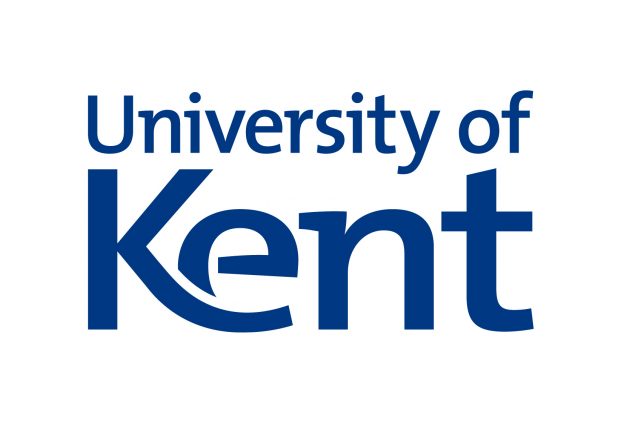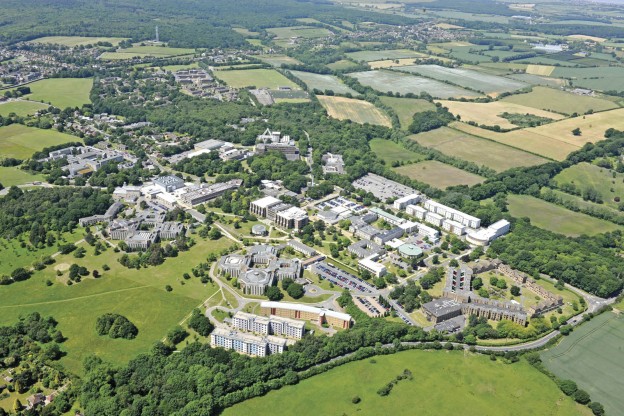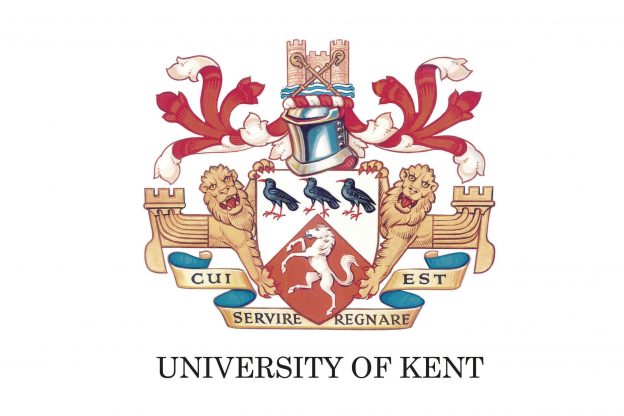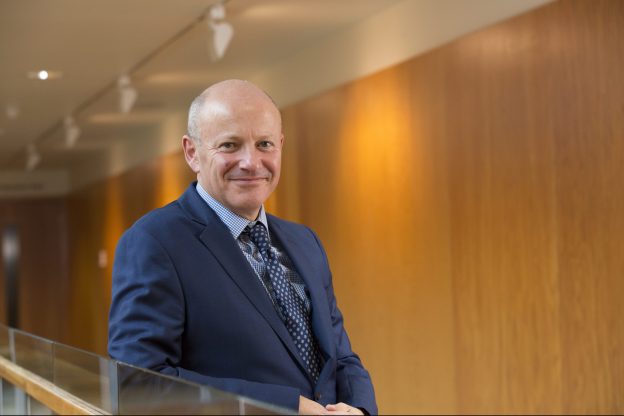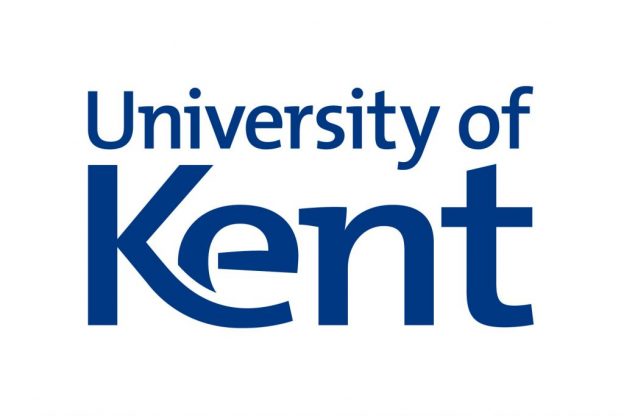From Professor Richard Reece | Deputy Vice-Chancellor Education and Student Experience
I hope you are well and looking forward to a well-deserved break over the Winter vacation period. For those of you that have returned to your permanent homes, I trust you had a safe and pleasant journey. For those of you staying for longer, do please enjoy your time with us
over the vacation and let us know if you need any support.
As you know from my previous email, the Government is recommending students’ return to campus is staggered in the new year. This is to ensure Covid-19 testing can be offered to all students and staff prior to face-to-face teaching starting in the Spring term.
Timetables for the Spring term will be available from Monday 14 December. Please check your timetable regularly for updates. Your timetable will indicate when your first face-to-face teaching session is taking place.
Your School will be in touch with you next week to provide further information about the Spring term relating to your study programme.
Based on the timetables, we have set out the following recommended arrival windows.
Arriving during your recommended window will enable you to be tested before your face-to-face teaching begins for Spring.
| First face-to-face teaching session | Recommended arrival window and testing |
| w/c 18 January | 9-15 January |
| w/c 25 January | 16-22 January |
| w/c 1 February | 23-29 January |
We will be offering asymptomatic testing on both Canterbury and Medway campuses seven days a week from 4 January 2021.
Ideally, to meet the Government recommendations, you should plan to arrive around 5 days before your first face-to-face teaching event and have two asymptomatic tests booked within 3-5 days of each other. Please ensure you review your timetable first before booking your tests.
Postgraduate research students who need to return to access specialist facilities may of course return early and are encouraged to book asymptomatic tests ready for their return.
The booking system for new year asymptomatic Covid-19 testing will be open next week and we will contact you then by email with details of how to book.
If it is available, you are also advised to have a test local to your home address, prior to travelling.
These dates are designed to help you follow the Government recommendations. We know this will not be convenient for all of you and some of you may have already made other travel plans. We will support you whatever your travel arrangements and intended arrival date back
to University.
Thank you for working together to keep our University community safe.
